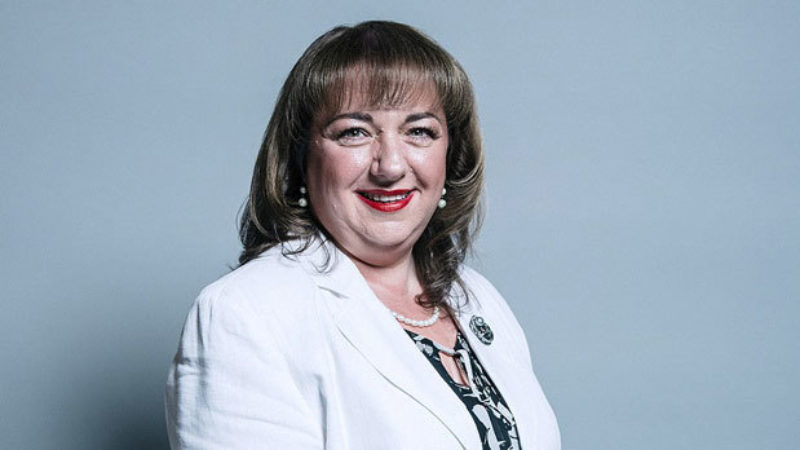
Children and young people are facing a crisis of historic proportion. Millions of pupils have had their learning severely interrupted by the pandemic, while living standards are falling, meaning children today face poorer prospects than their parents. Moreover, the last 13 years have seen the attainment gap widen and an unacceptable rise in the number of pupils coming into school hungry and malnourished.
As chair of the all-party parliamentary group on school food, I’ve heard countless stories of teachers keeping breakfast bars in their desks for pupils arriving hungry to school or bringing in loafs of bread or pieces of fruit to hand out to children before the first lesson begins. As an important first step to tackling food insecurity, Labour has brought forward its plan to introduce universal primary school breakfast clubs across England.
The UK has become well acquainted with the food security crisis that predates the cost-of-living crisis. In the past 13 years, thousands of food banks have been set up, which also reflects the now nearly one in four children across the UK who are suffering from food insecurity. This has led to many families buying cheaper and less nutritious food or eating less frequently, exacerbating diet-related health inequalities. As inflation hits people’s pockets, money spent on food doesn’t go as far as it used to, with many more pupils starting their mornings with stomachaches, headaches, tiredness or misbehaving due to being too hungry to focus. This is considerably worsened if pupils beyond KS1 do not meet the slim threshold for free school meals. Consequently, our education system struggles with millions of pupils who are too hungry to learn.
For as long as there have been schools, there have been pupils too hungry to learn. Given the scale of need we see today and despite the essential work of providers like Magic Breakfast, Kellogg’s and Greggs, it is clear to me that the next Labour government must address this issue for good. Labour in power has a strong history of combatting child poverty, and our Shadow Education Secretary Bridget Phillipson recently made the compelling case for bold systemic reform.
Bridget spoke about the need for a universal approach to entrench change that lasts and to ensure reforms to childcare endure. Starting with universal breakfast clubs, we will need to ensure we set out a health and hunger-focused provision that is available for every primary school pupil, embedding breakfast as part of the school day and ensuring that we reach those who need it most.
Only through the universality of our approach will we tackle the feelings of shame and stigma that affect children on free school meals today, and we will also reach as many pupils as possible to realise the benefits of breakfasts for everyone. Policies for the poor famously remain poor policies. By introducing reforms intended for everyone, the impacts can be profound. Research from the Institute for Fiscal Studies and Education Endowment Foundation has shown that children in primary schools with a Magic Breakfast hunger-focused, universal free school breakfast provision make two months’ additional academic progress in maths, writing and reading compared to children in schools without such provision.
While Labour’s childcare policy will help parents, ultimately, it will be the pupils who benefit most. Successive Conservative Budgets have been short-sighted, proposing only piecemeal change, and their message to schools is clear: do more, with less. The latest Budget barely mentioned children at all, only ensuring parents could work. Nor did it mention breakfast or food security. Yet with improved nutrition comes better health. With raising academic achievement and attendance comes better educational outcomes and better jobs in the future. With better behaviour comes a classroom environment that works for teachers and children alike. Hunger-focused provision has the potential to impact whole schools – not just the pupils who face hunger.
Under Labour, tangible change will be felt across the country: more money staying in people’s pockets, parents able to pursue careers and more resilient communities. We cannot turn back the clock on the problems in education we see today, but we can fix the mess we’re in and aspire to make education fit for the future. Only by ensuring every child begins the school day with a nutritious breakfast, ensuring they are not hungry but instead settled, focused and ready to learn, can we attain a better future for the next generation.




More from LabourList
SPONSORED: ‘Industrial hemp and the challenge of turning Labour’s priorities into practice’
‘A day is a long time in politics, so we need ‘action this day’’
Strong support for child social media ban among Labour members, poll reveals